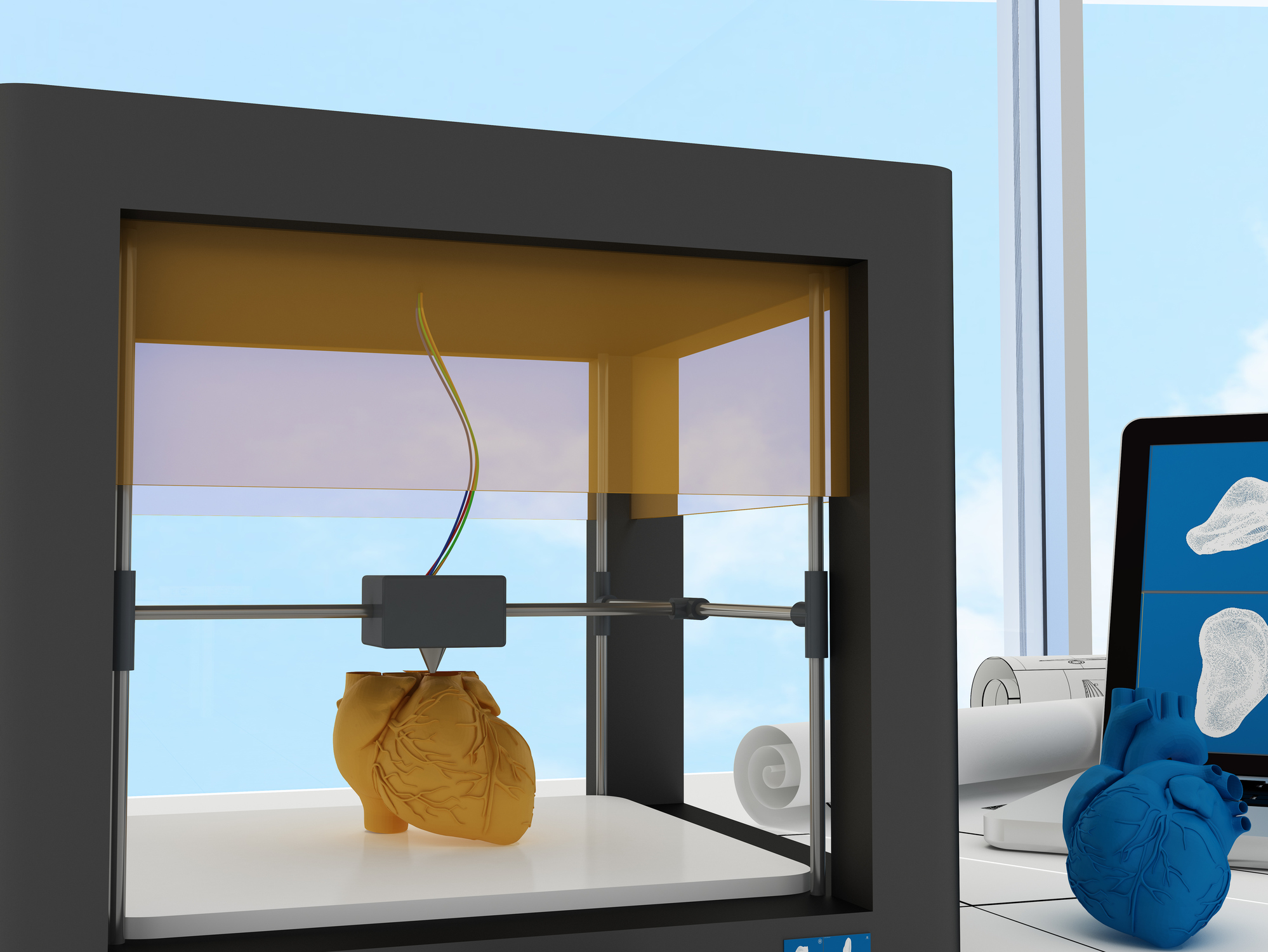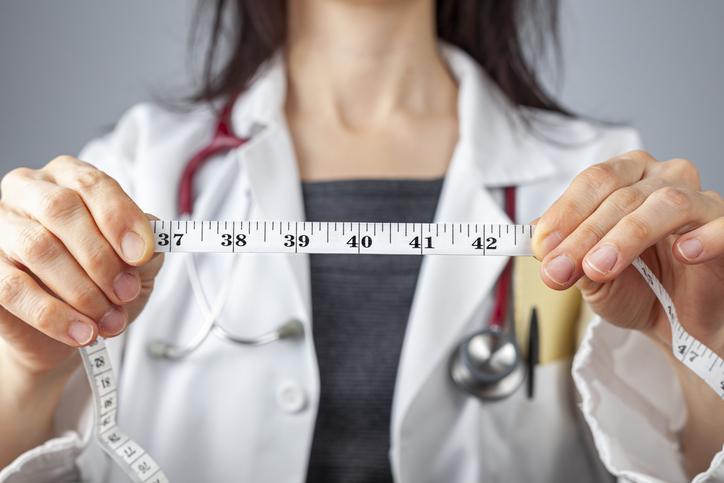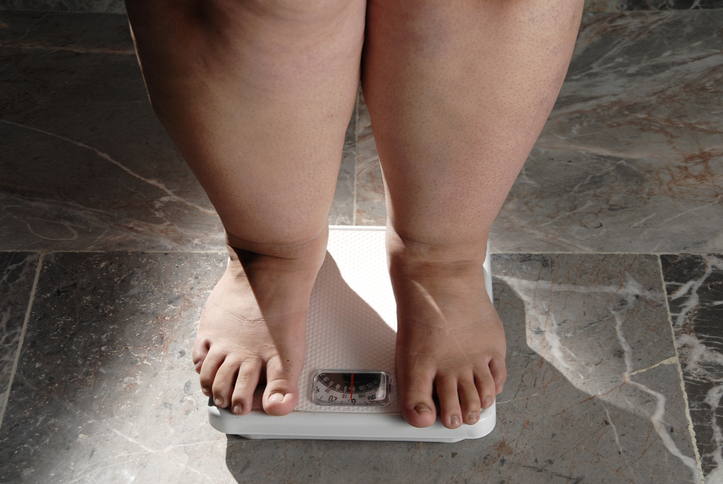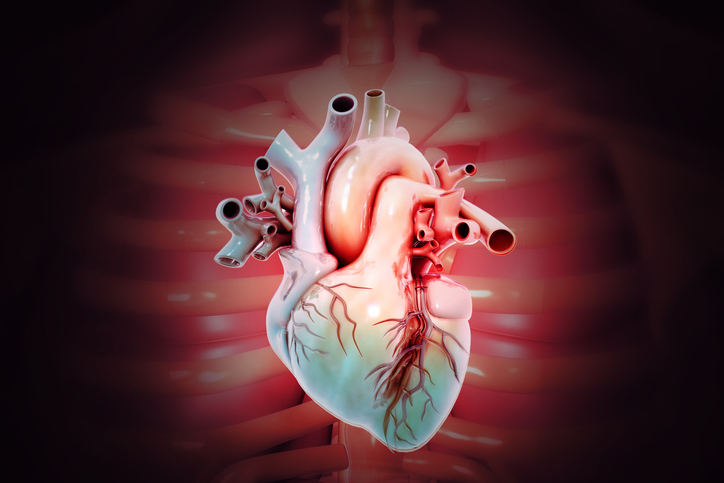
BioLife4D has recently announced that they have crafted technology capable of synthesizing human cardiac tissue. This 3D bioprinted patch will be tested on individuals with acute heart failure in hopes of restoring contractility of myocardial tissue. BioLife4D asserts that the technology could one day replace heart transplantation with full-sized 3D printed hearts.
Ravi Birla, chief science officer for BioLife4D, believes that this patch can benefit those with acute myocardial infarction that do not yet need a transplant. The patch would be created specific for the individual and sutured onto the heart. Alongside pharmaceuticals, this patch could be able to prevent degenerative changes to myocardial tissue, and hopefully permit recovery without need for transplant.
Despite previous evidence suggesting that a cardiac patch would take at least half a year to create, BioLife4D was able to create the patch in a matter of days. The company is confident in the similarity of the patch to human tissue and feels it will prove to be functional in clinical studies.
“We have interest from top cardiologists across the country who have seen this work and who are excited about participating in clinical trials.” – Ravi Birla
The team plans to create a 3D printed heart that is one-fourth the size of an actual human heart in a future project. This project will hopefully serve as a stepping stone to generating a full-sized human heart. With over 3,000 heart transplants taking place in the U.S. in 2016, a 3D printed heart would be resolve important issues regarding not only lack of donors, but organ rejection as well. This technology generates tissue using the patient’s own cells, therefore in theory the body will not perceive it as a foreign material. Medical practice is far from being able to use 3D printed organs in transplants, but what BioLife4D has created is a big step in making this profound concept a reality.







 © 2025 Mashup Media, LLC, a Formedics Property. All Rights Reserved.
© 2025 Mashup Media, LLC, a Formedics Property. All Rights Reserved.